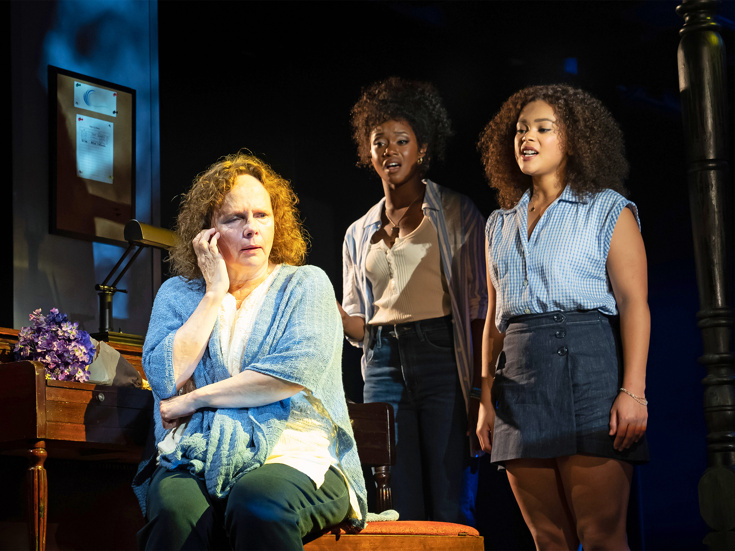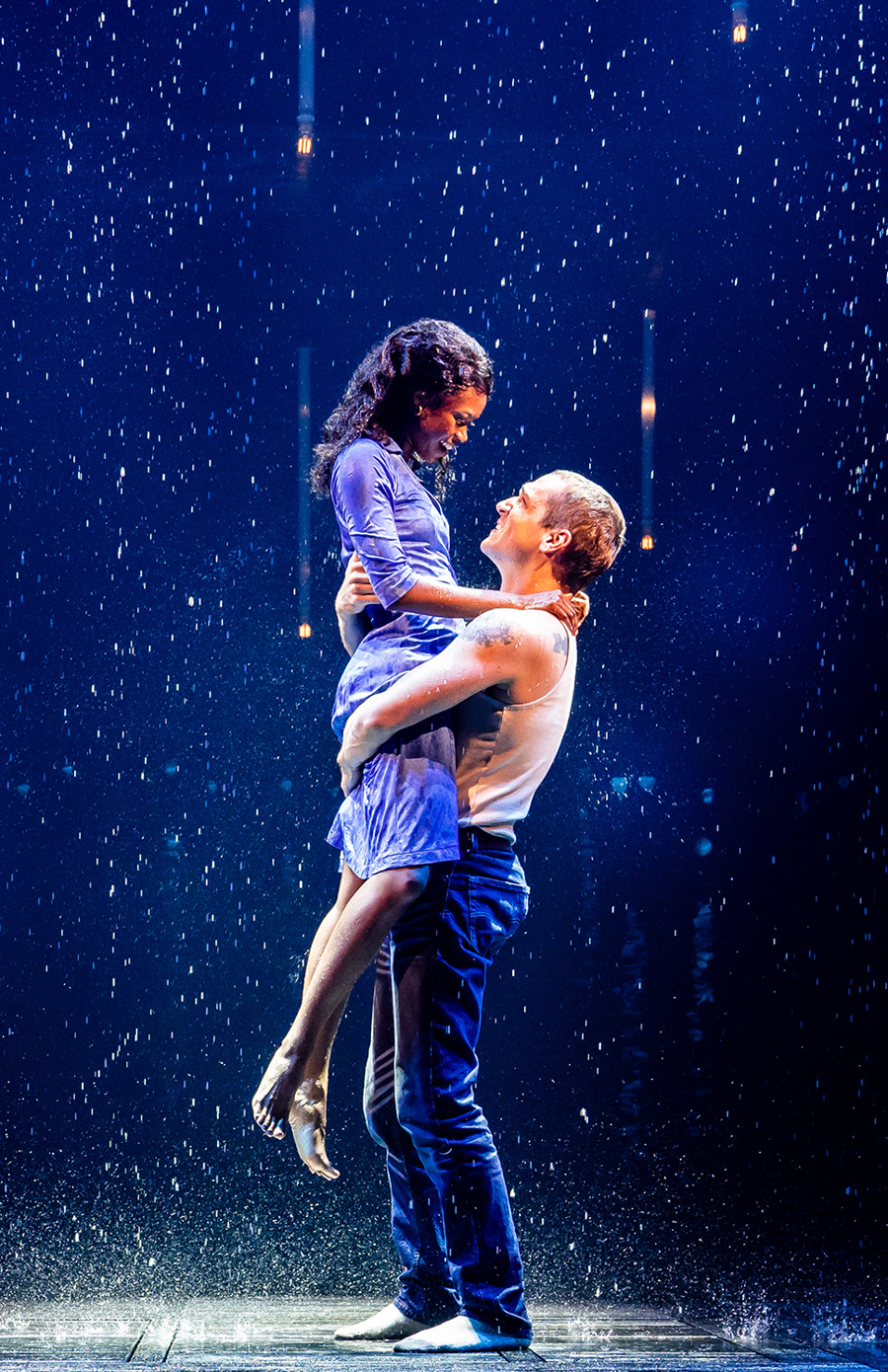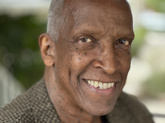Meet the Six Stars of Broadway's The Notebook and Find Out Why the Show 'Hurts So Good'

(Photo: Liz Lauren)
In the 2004 film version of Nicholas Sparks’ The Notebook, director Nick Cassavetes had two pairs of actors play out the love story between brooding millworker Noah Calhoun and wealthy Southern belle Allie Hamilton. Their dreamy narrative has come to be defined by images of Ryan Gosling and Rachel McAdams’ passionate kiss in the rain, and the tragic (but equally romantic) vision of James Garner curling up with Gena Rowlands in her nursing home bed. In the story put to celluloid, memory is a matter of now versus then, and the distance between the two is plainly defined.
Not so much in the musical, beginning Broadway performances at the Gerald Schoenfeld Theatre on February 10. As adapted by book writer Bekah Brunstetter (a playwright widely recognized for her work on NBC’s This Is Us) and composer Ingrid Michaelson (an accomplished singer-songwriter who comes to Broadway with nine solo albums to her name), the sweeping romance that unfolds between Noah and Allie is spread among three pairs of actors: John Cardoza and Jordan Tyson (Younger Noah and Allie), Ryan Vasquez and Joy Woods (Middle Noah and Allie) and Dorian Harewood and Maryann Plunkett (Older Noah and Allie). And rather than restricting each pair to their small slice of the story, directors Michael Greif and Schele Williams, along with choreographer Katie Spelman, weave them together in a narrative that questions the truth of memory as much as it feeds on the joy of nostalgia.

“I don't know how they did it, but they've gotten it done perfectly,” Harewood tells The Broadway Show. “Imagine having a memory that you're trying to connect to and you're not sure if it was real or not. All of that's out there on stage.” Tyson describes the visual effect as “fast and cinematic,” while Cardoza, her scene partner in Noah and Allie's idealistic teenage years, explains the emotional impact of having different iterations of the same person share moments on stage: “It gives the characters an opportunity to interact with their memories,” he says—and the logical conclusion of these interactions is the formation and reformation of memories in new patterns.
While this slippery quality of memory carries the heart of The Notebook’s drama, the way these hazy boundaries extend to the characters’ individual identities is what this ensemble believes allows the piece reach out to so many audience members. “I guess we have the three couples,” Plunkett comments, “but really at any time in the world, there are hundreds of Noahs and Allies going through the same thing.” Woods speaks to a similar theme: “There are so many different kinds of bodies on stage that it could really be anybody,” she says, gesturing in part to the racial diversity among the show’s Allies and Noahs. “People can identify themselves with whoever's on stage at whatever point.” Vasquez (the Noah to Woods' Allie) adds, “I think what's beautiful about The Notebook is it redefines what slice of life can be. This is a show that really digs into the richness of humanity.”
“It's about the essence of everything about youth,” Plunkett summarizes, speaking as the most backward-gazing of the three Allies. And in a PSA for theatergoers who may be allergic to the notorious Sparks sentimentality, she insists, “It's not saccharine. It's not schmaltzy.”
Even so, it’s still The Notebook. “I would bring tissues,” says Cardoza. “It hurts so good.”






